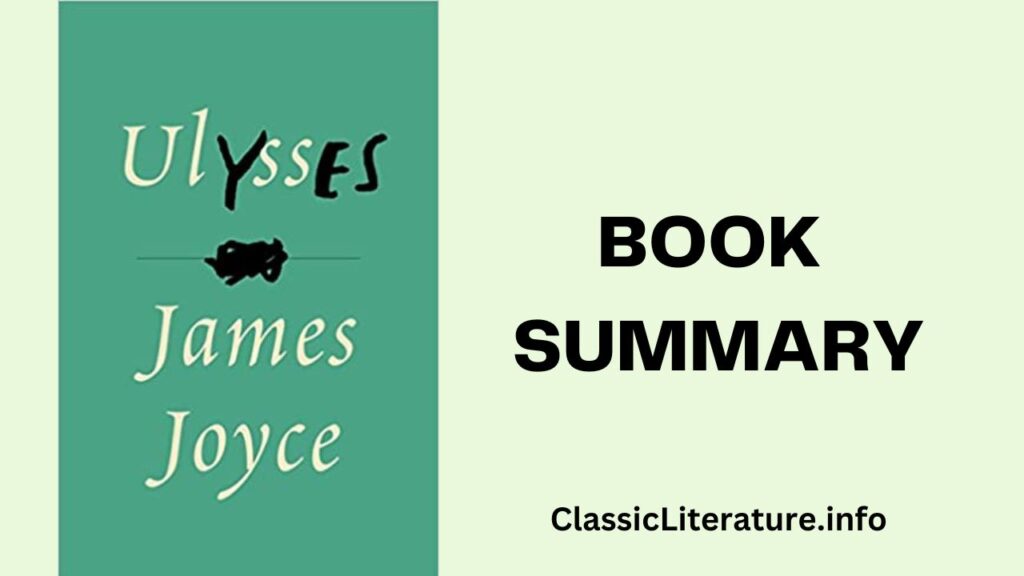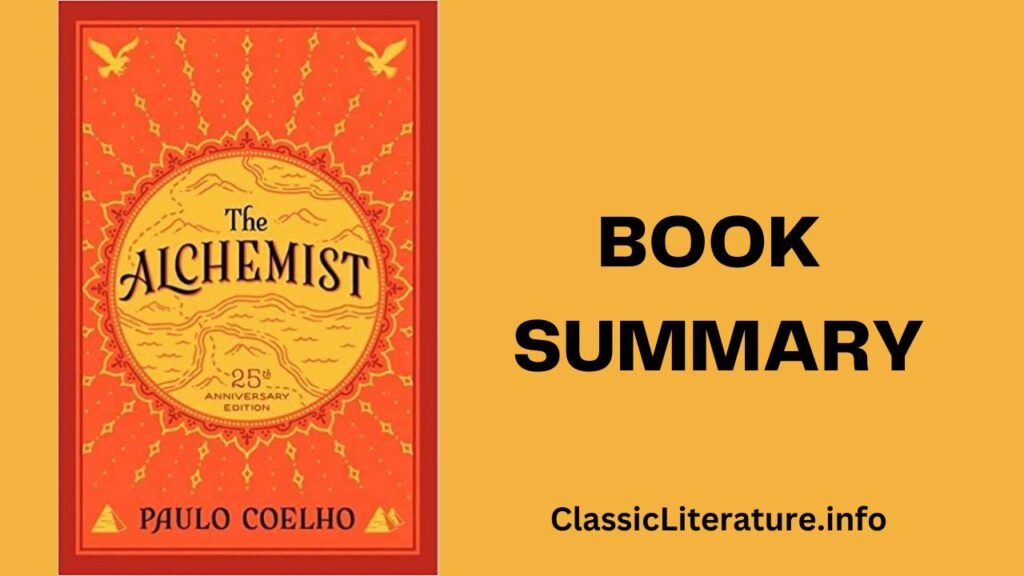
“Ulysses” by James Joyce is a highly influential and complex novel that takes readers on a day-long journey through the lives of its characters in Dublin, Ireland. It follows the thoughts, experiences, and inner monologues of three main characters: Leopold Bloom, Stephen Dedalus, and Molly Bloom.
The book is divided into 18 episodes, each representing a different aspect of human existence and corresponding to a different episode in Homer’s “Odyssey.” The main plot revolves around Leopold Bloom, an ordinary man going about his daily life on June 16, 1904. Readers witness his encounters, thoughts, and observations as he navigates the city, meets various characters, and experiences a range of emotions.
Stephen Dedalus, a young artist and intellectual, serves as a parallel protagonist. His story intertwines with Bloom’s, reflecting the theme of self-discovery and personal identity. The narrative delves into the characters’ minds, exploring their thoughts, memories, desires, and fears.
Joyce’s writing style in “Ulysses” is highly experimental and innovative. He employs a stream-of-consciousness technique, where the narrative flows seamlessly between characters’ thoughts, associations, and perceptions. The novel also incorporates various narrative styles, including parodies, puns, wordplay, and unconventional grammar and punctuation. Joyce’s rich use of language and intricate symbolism create a layered and challenging reading experience.
Some notable quotes from “Ulysses” include:
“A man of genius makes no mistakes. His errors are volitional and are the portals of discovery.”
- This quote reflects Joyce’s belief in the importance of embracing mistakes and the role they play in the creative process.
“History is a nightmare from which I am trying to awake.”
- This quote captures the disillusionment and frustration with the past that permeates the novel.
“Ireland, they say, has the honour of being the only country which never persecuted the jews.”
- This quote highlights Joyce’s use of irony and social critique, exposing the prejudices and hypocrisy within Irish society.
Get Paperback or Kindle version of the book <–
“Ulysses” is considered a must-read for its profound exploration of human consciousness, its complex narrative structure, and its groundbreaking literary techniques. It challenges traditional storytelling conventions and pushes the boundaries of what a novel can be. The book offers a unique and immersive reading experience that rewards careful analysis and multiple readings.
Reader Reviews:
- “Reading ‘Ulysses’ was a transformative experience. It is a challenging book that demands close attention and patience, but the rewards are immense. Joyce’s exploration of the human mind and his ability to capture the essence of everyday life is unparalleled. It’s a masterpiece that continues to resonate with readers across generations.”
- “I struggled with ‘Ulysses’ initially, but once I surrendered to Joyce’s unconventional style, I was captivated. The novel is a remarkable blend of humor, poetry, and social commentary. It’s a book that requires active participation from the reader, but the insights gained are worth the effort.”
- “I found ‘Ulysses’ to be an impenetrable maze of words. The dense prose and the lack of a traditional plot made it difficult for me to connect with the characters and their experiences. It’s a book that demands a lot from the reader, and unfortunately, it didn’t resonate with me.”
In conclusion, “Ulysses” by James Joyce is a groundbreaking and challenging novel that pushes the boundaries of traditional storytelling. While some readers appreciate its intricate narrative style, profound insights, and experimental approach, others find it difficult to navigate and connect with. The book is recommended for those who enjoy literary experimentation, are willing to invest time and effort in decoding its complexities, and are open to exploring the depths of human consciousness through the lens of Joyce’s masterful prose.
About the author
James Joyce (1882-1941) was an Irish writer known for his influential contributions to modernist literature. He was born and raised in Dublin, which serves as the backdrop for many of his works. Joyce’s writing style and innovative narrative techniques revolutionized the literary landscape. In addition to “Ulysses,” his other notable works include “Dubliners” and “Finnegans Wake.” Joyce’s works are celebrated for their depth of psychological insight, intricate wordplay, and exploration of Irish identity and history. He continues to be regarded as one of the most significant and influential writers of the 20th century.





